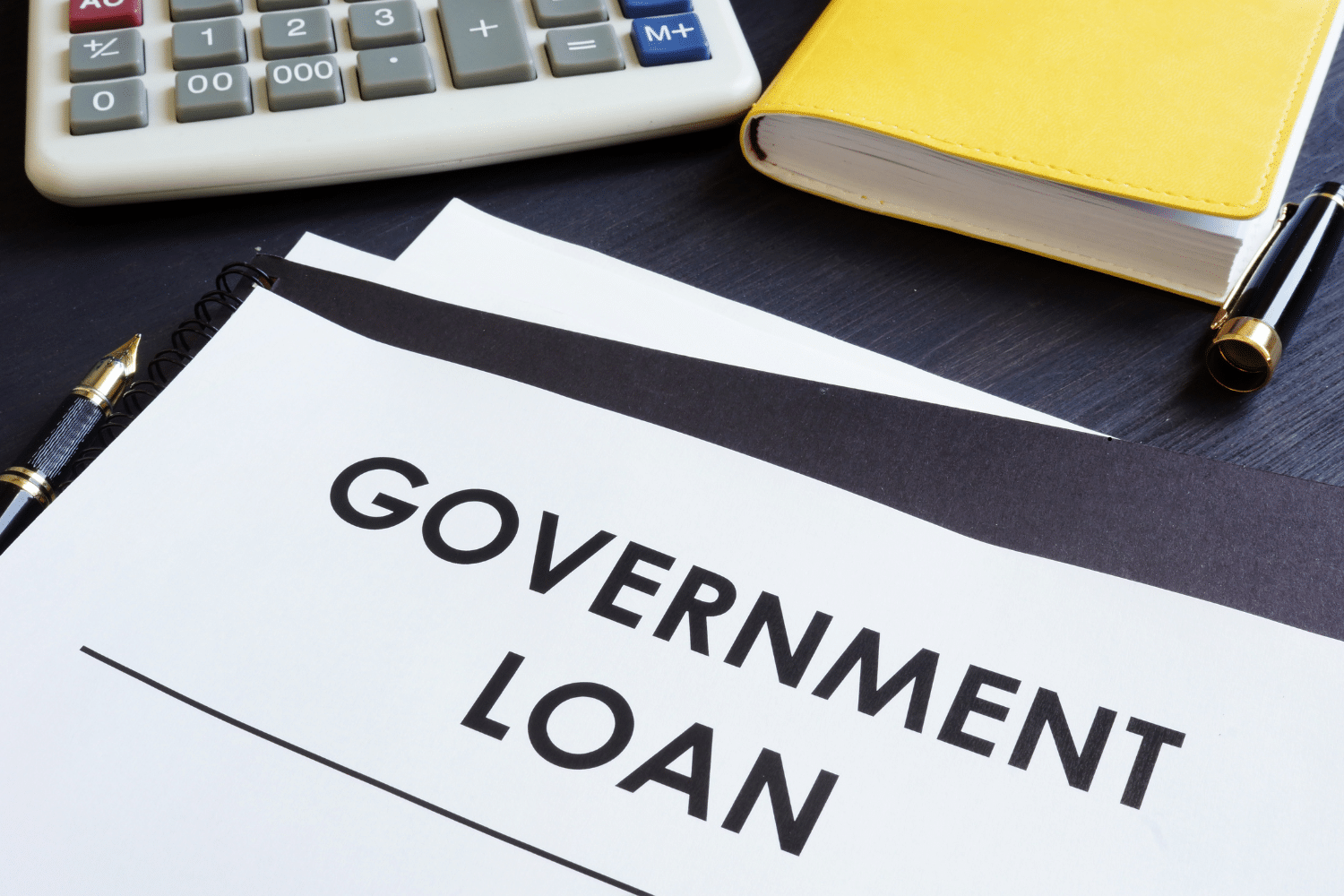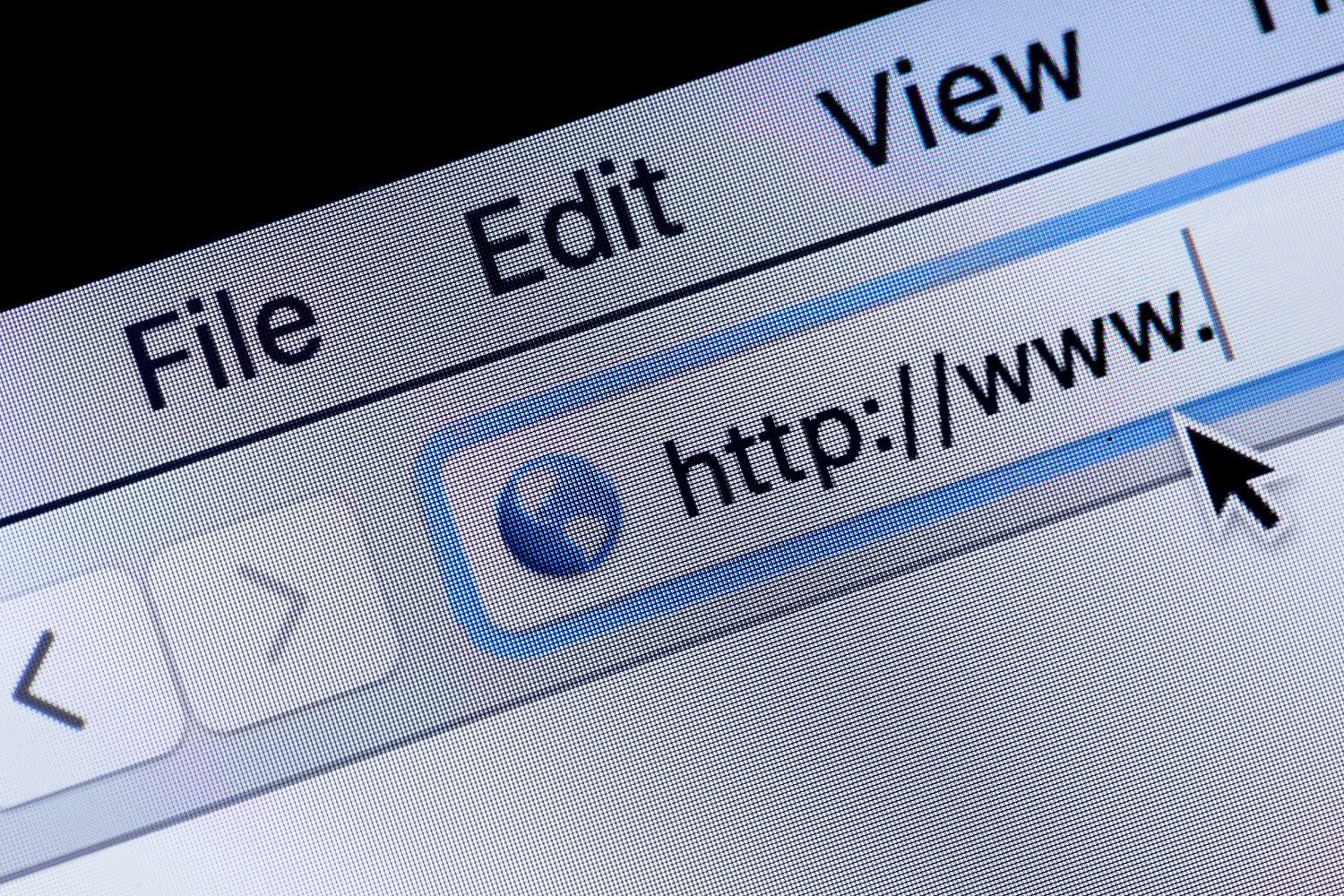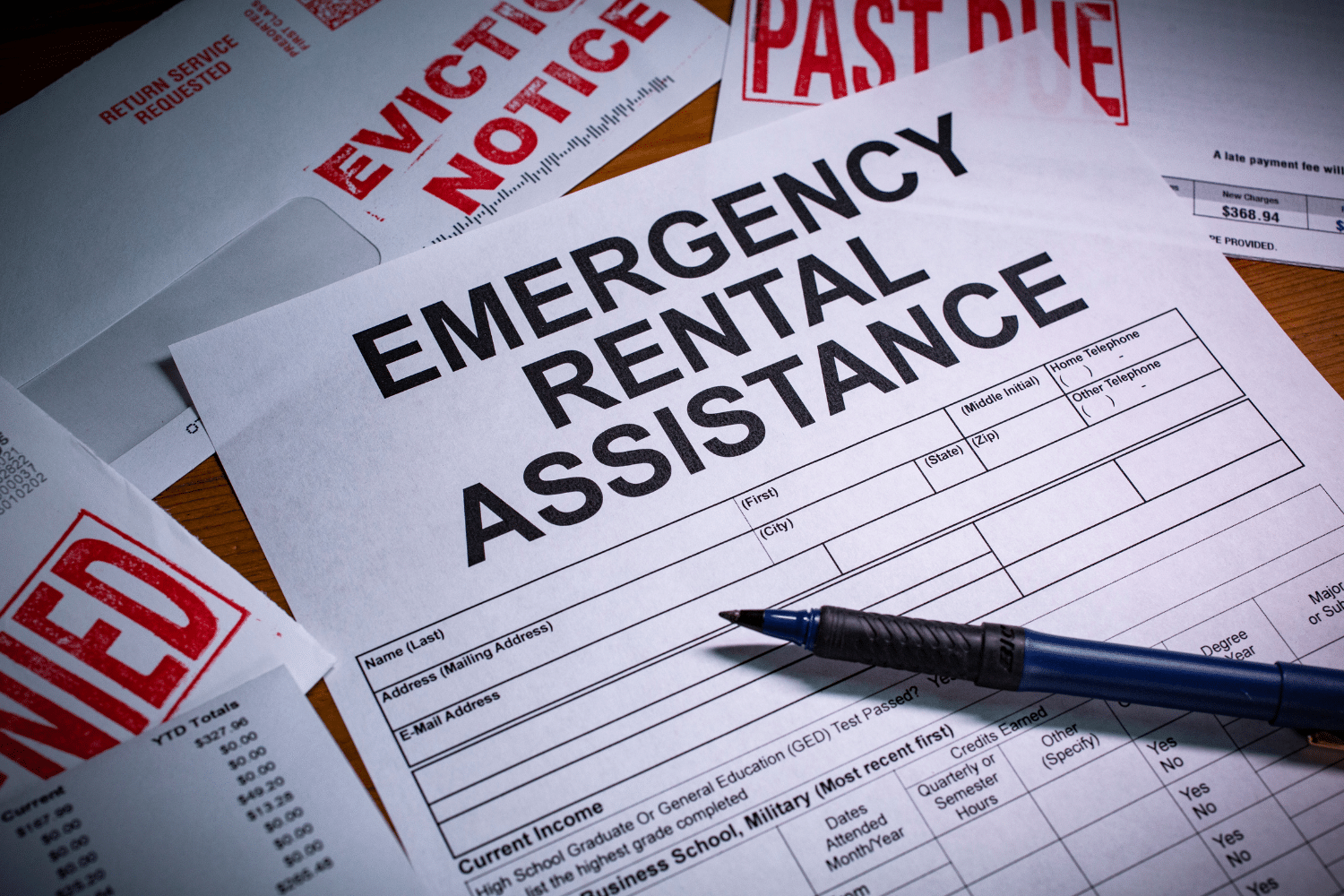The Low Income Energy Assistance Program (LIHEAP) helps eligible low-income households manage their energy bills. This article explains what LIHEAP is, who qualifies, and how to apply.
Key Takeaways
- The Low Income Home Energy Assistance Program (LIHEAP) provides comprehensive support to low-income households, including bill payment assistance, energy crisis intervention, and weatherization services to enhance energy efficiency.
- Eligibility for LIHEAP requires U.S. citizenship or legal residency, income at or below 60% of the State’s Median Income, and full responsibility for paying home heating bills. Special programs prioritize assistance to the elderly and medically homebound residents.
- The application process for LIHEAP is straightforward, with services available from November to April. Applicants can apply early due to limited funding and can use various resources, including interpreter services and toll-free assistance, to facilitate their application.
What is the Low Income Energy Assistance Program?

The Low Income Home Energy Assistance Program (LIHEAP) provides financial aid to low-income households struggling with energy expenses. This federally funded program offers hope to many families. LIHEAP supports households during harsh weather conditions, making a significant difference. It alleviates heating and cooling costs, keeping homes safe and livable year-round.
LIHEAP’s scope extends beyond mere bill payment. It encompasses a wide range of services, including energy crisis assistance for households facing life-threatening heating or cooling emergencies. In addition, the program provides weatherization services to enhance the energy efficiency of homes, thereby reducing long-term energy expenses and enhancing residents’ quality of life. The comprehensive nature of LIHEAP’s support reflects its commitment to addressing the diverse energy needs of eligible low-income households.
Beyond immediate energy bill relief, LIHEAP also focuses on long-term solutions. This includes home repairs and the replacement of inefficient heating and cooling equipment. Investing in these improvements, LIHEAP not only aids families in the short term but also promotes more sustainable living conditions. Ultimately, LIHEAP stands as a testament to the power of community support in ensuring that everyone can afford to keep their homes comfortable and safe.
Types of Assistance Available

LIHEAP offers a variety of assistance types tailored to meet the diverse needs of low-income households. One of the primary forms of support is bill payment assistance, which helps families manage their utility bill and energy costs, avoiding the risk of disconnection with their utility company. This utility assistance is vital, particularly during peak energy usage seasons when bills can soar.
During the summer, LIHEAP provides the following assistance:
- Home cooling assistance to help with cooling bills and prevent energy shutoffs
- Reconnection of services that have been terminated
- Energy crisis assistance for households experiencing life-threatening heating or cooling emergencies
This intervention can be a lifesaver during extreme weather conditions.
Moreover, LIHEAP’s weatherization services are a game-changer for many families. These services include:
- Making homes more energy-efficient by addressing issues like poor insulation and outdated heating or cooling systems, which can reduce heating costs
- Reducing energy bills
- Creating a more comfortable living environment
Additionally, LIHEAP can fund energy-related home repairs, ensuring that homes remain safe and energy-efficient in the long run.
Eligibility Requirements for LIHEAP

To benefit from LIHEAP, applicants must meet specific eligibility criteria. First and foremost, applicants need to be U.S. citizens or legally admitted immigrants and residents of the state where they apply for assistance. This ensures that the benefits are directed towards those who are part of the community and in genuine need of support.
Income home energy assistance is a critical factor in determining eligibility. The household’s total gross annual income must be at or below 60% of the State’s Median Income. This threshold ensures that the assistance is targeted towards eligible households who are most in need. Additionally, applicants must have full responsibility for paying the primary home heating energy bills. This criterion helps identify those who directly bear the burden of energy costs.
Households with members who participate in programs like SNAP (food stamps), SSI, or TANF automatically meet the LIHEAP eligibility criteria in Georgia. This provision simplifies the application process for many families already receiving other forms of assistance. However, it’s important to note that households with an energy bill credit of $1,000 or more are not eligible for LIHEAP funds. These guidelines ensure that the program’s resources are allocated to those in genuine need.
How to Apply for LIHEAP
The application process for LIHEAP is simple, yet prompt action is necessary given the program’s first-come, first-served basis. The application period runs from November 1 through April 30. To determine eligibility and apply, individuals should contact their state or tribal LIHEAP office. Additionally, the National Energy Assistance Referral (NEAR) project provides free information on where to apply for LIHEAP and can be contacted at 1-866-674-6327 or via email at [email protected].
Applicants can also apply for energy assistance by visiting Energyhelp.us. For those preferring to apply by phone, calling the toll-free number 1-866-674-6327 is an option. It’s important to note that applications are often processed within 10-25 days, but in cases of emergency, LEAP may expedite the application process to just 10 days. This quick turnaround can be crucial for families facing immediate energy crises.
Interpreter services are offered free of charge to guarantee accessibility for all applicants. These services help overcome communication barriers, making the application process smoother for non-English speakers or those with hearing impairments.
Applicants are strongly encouraged to apply early to secure funding before depletion, underlining the importance of timely action in obtaining this crucial assistance.
Special Programs Under LIHEAP

LIHEAP includes special programs tailored to meet the needs of specific groups, such as the elderly and medically homebound. The Georgia LIHEAP Heating Program, for instance, prioritizes assistance for residents aged 65 and older or those who are medically homebound, starting on the first workday of December. Beginning on the first workday of January, all other eligible residents can submit their applications. This is the starting date for their application process.
Similarly, the Georgia LIHEAP Cooling Program begins on the first workday of April for seniors and medically homebound residents, and on the first workday of May for all other eligible individuals. These targeted programs ensure that the most vulnerable populations receive the support they need to maintain safe and comfortable living conditions during extreme weather.
The role of the Georgia Division of Family and Children Services (DFCS) is instrumental in administering these programs, including disability benefits. Through local Community Action Agencies (CAA), DFCS ensures that low-income persons, such as senior citizens, the medically homebound, and those eligible for disability benefits, have access to all LIHEAP programs. This coordinated effort underscores the community-centric approach of LIHEAP, making sure that assistance reaches those who need it most through effective community services.
Additional Resources and Support
Apart from direct financial assistance, LIHEAP provides various other resources and support services, including providing assistance through interpreter services for applicants facing communication barriers at no cost, ensuring that language does not become a hurdle in accessing assistance. Virtual lobby resources are also available, providing an accessible platform for individuals to seek help and information.
One should be vigilant of potential fraudulent messages that offer LIHEAP grants or ask for fees. Such scams should be reported immediately to the U.S. You can report any suspicions of fraud to the Department of Health and Human Services (HHS) Fraud Hotline by calling 1-800-447-8477. Your report can help in preventing fraudulent activities and addressing health and safety problems related to the integrity of health and human services programs. Staying informed and vigilant can help protect both the integrity of the program and the individuals it serves.
Success Stories
The impact of LIHEAP on families and individuals across the country is profound. Numerous families at risk of immediate utility disconnection have avoided this severe outcome due to LIHEAP’s timely intervention. This essential financial support has allowed them to cover their energy expenses and maintain a safe living environment.
Beyond immediate crisis intervention, LIHEAP has also facilitated significant improvements in home energy efficiency. Numerous households report decreased energy bills and more sustainable living conditions after availing the program’s weatherization services. These long-term benefits demonstrate LIHEAP’s commitment to creating energy-efficient homes and reducing the overall energy burden on low-income families.
Participants in the LIHEAP program regularly emphasize the extensive assistance they receive in meeting their energy needs. This support not only reduces financial stress but also improves their overall quality of life. Stories of individuals and families who have experienced these positive changes serve as powerful testimonials to the program’s effectiveness and its vital role in the community.
Summary
In conclusion, the Low Income Energy Assistance Program (LIHEAP) plays a critical role in helping low-income households manage their energy costs. From direct financial assistance and crisis intervention to long-term energy efficiency improvements and special programs for the elderly and medically homebound, LIHEAP provides comprehensive support tailored to diverse needs. The success stories of families who have benefited from this program underscore its importance and impact. By ensuring that every household can afford to keep their home comfortable and safe, LIHEAP stands as a beacon of hope and community support.
Frequently Asked Questions
To be eligible for LIHEAP, you must be a U.S. citizen or legally admitted immigrant, a state resident, and have a gross annual income at or below 60% of the State’s Median Income. In addition, households with members receiving SNAP, SSI, or TANF automatically qualify.
You can apply for LIHEAP by contacting your state or tribal LIHEAP office, calling the toll-free number 1-866-674-6327, or visiting Energyhelp.us. It’s encouraged to apply early due to the first-come, first-serve basis of the program.
LIHEAP offers bill payment assistance, energy crisis intervention, weatherization services, and energy-related home repairs, with special programs available for seniors and the medically homebound. These programs can greatly help eligible individuals and families to manage their energy costs and improve the efficiency of their homes.
You can apply for the LIHEAP Heating Program in Georgia in January if you are eligible, and the Cooling Program in May. It starts in December for seniors and the medically homebound, and in April for seniors and the medically homebound.
Yes, interpreter services are available at no cost to LIHEAP applicants who experience communication barriers, ensuring all eligible individuals can access assistance.
s assistance.








